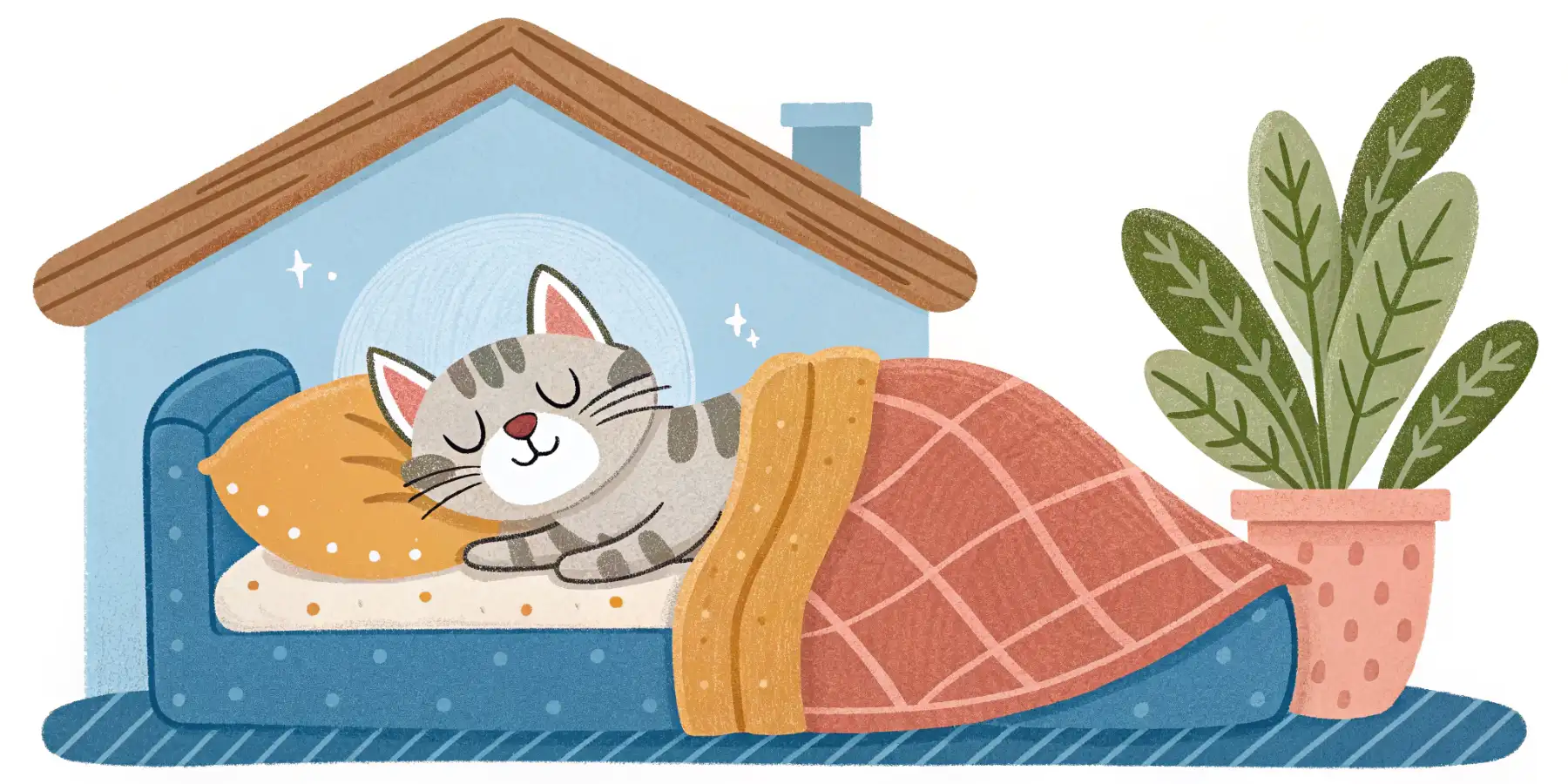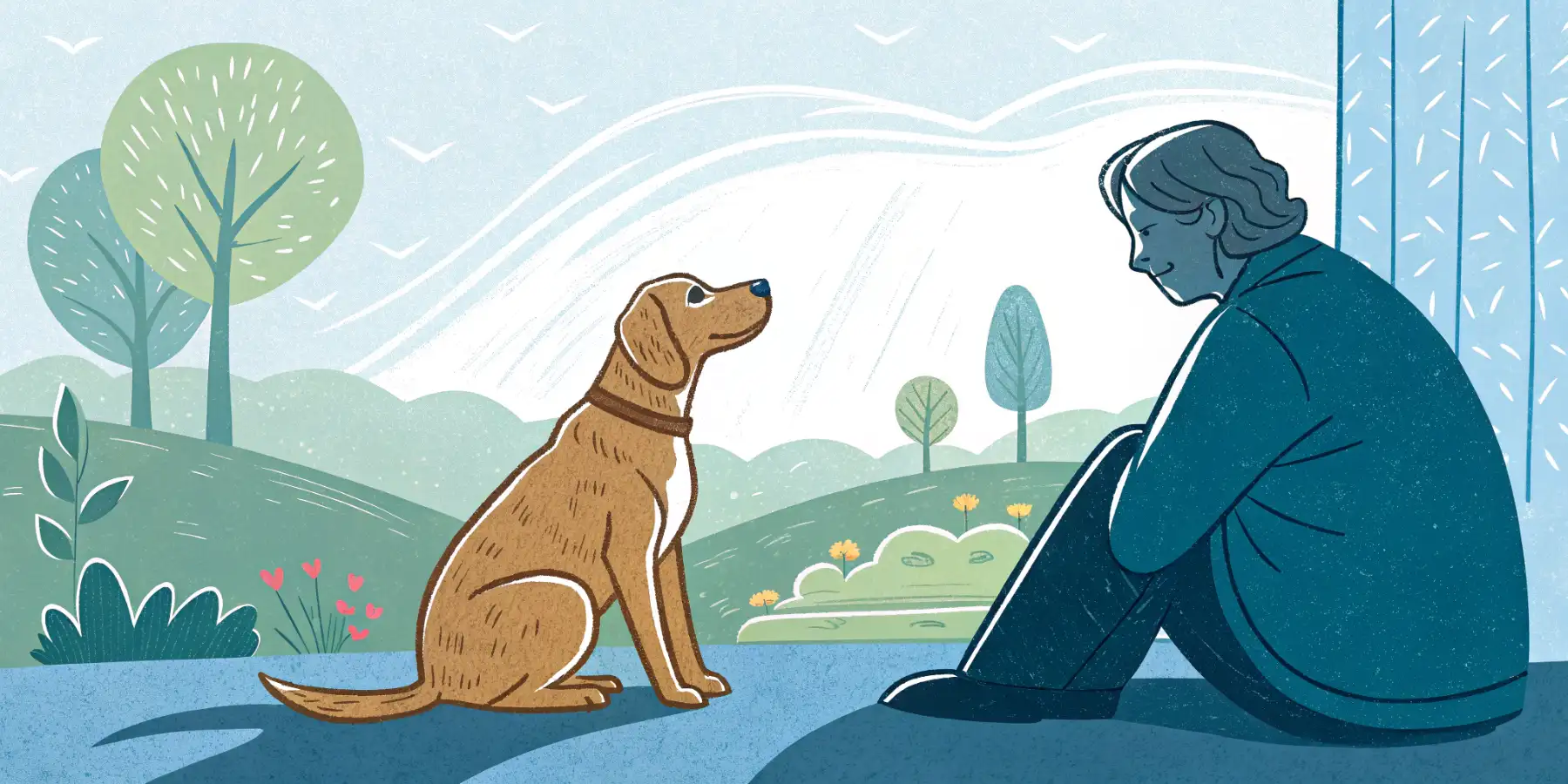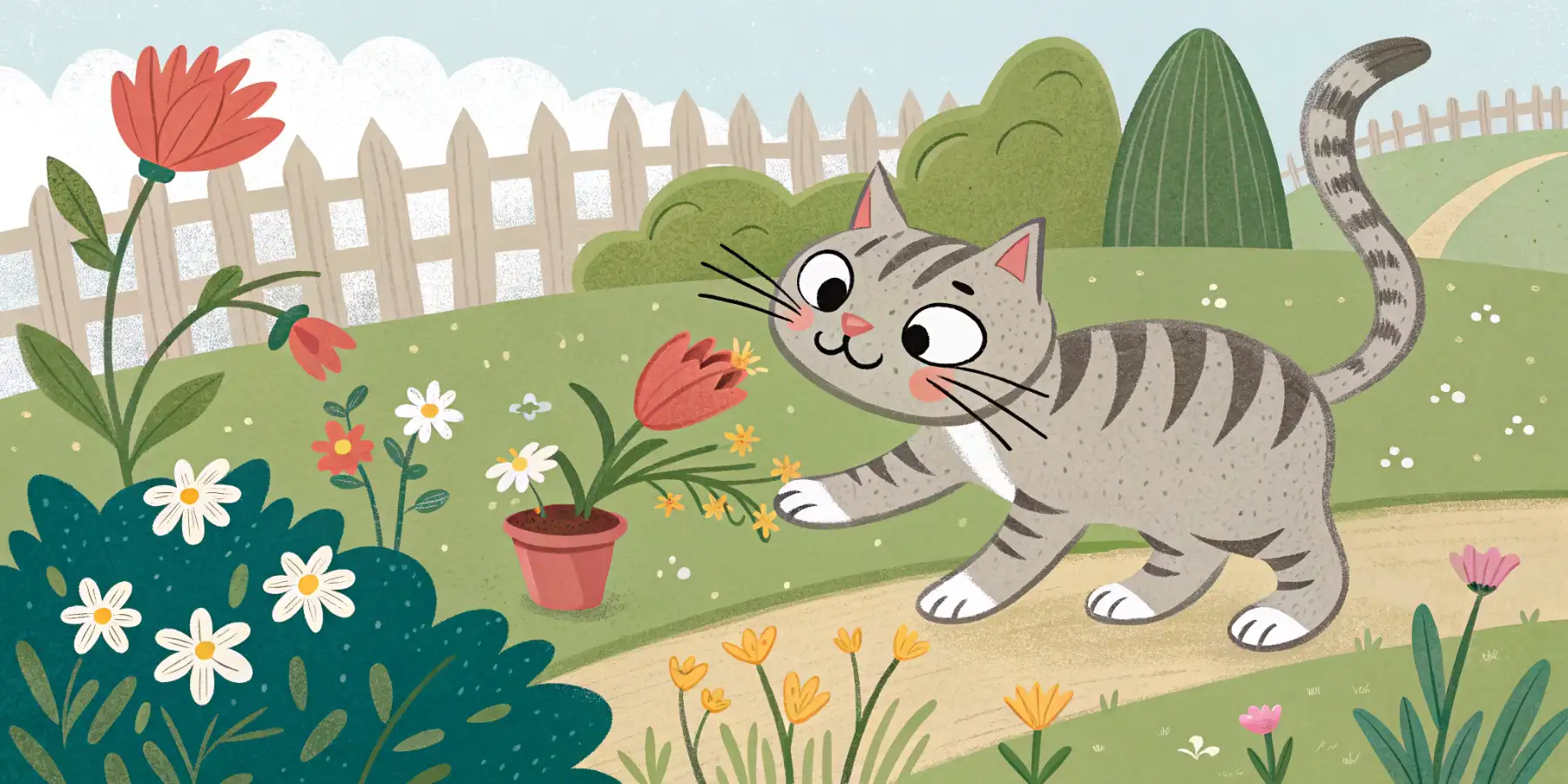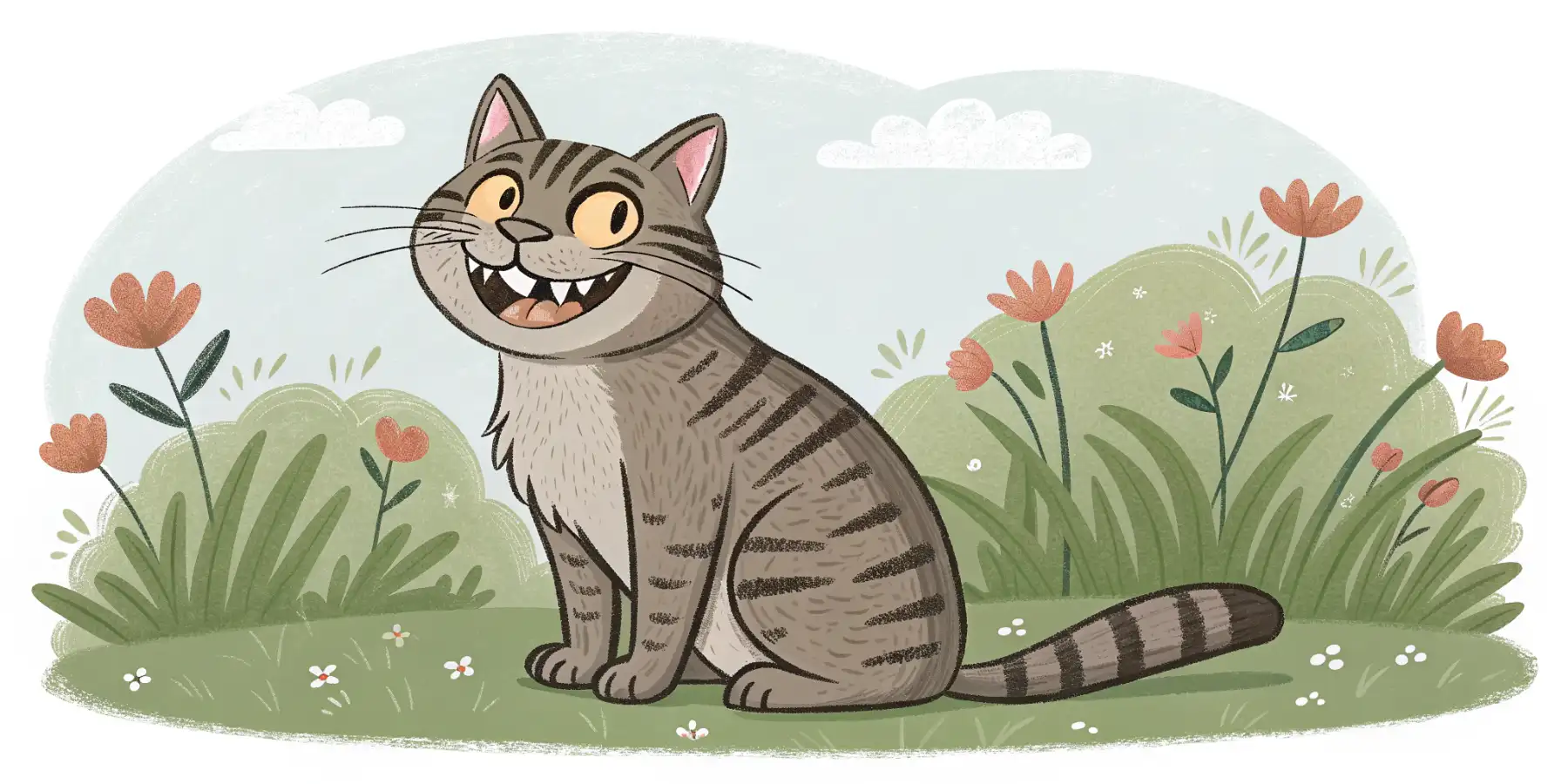
Senior Cat Dental Care: Fighting Advanced Disease
Senior cat's teeth need love too! Learn to fight advanced *dental disease* and keep your *senior cat* happy & healthy. Click for tips!
Dental Care for Senior Cats: Addressing Advanced Dental Disease
As our feline friends gracefully age, their needs change. While we often focus on things like mobility and diet, dental care frequently gets overlooked. This is especially concerning because senior cats are highly susceptible to advanced dental disease. Ignoring their pearly whites (or what’s left of them!) can lead to pain, difficulty eating, and even systemic health problems. So, let’s dive into the nitty-gritty of senior cat dental care and what you can do to help your golden oldie.
Why Dental Care is Crucial for Older Cats
Think about it: your cat has been using those teeth for a decade or more! Over time, plaque and tartar accumulate, leading to gingivitis (inflammation of the gums) and periodontitis (inflammation affecting the structures supporting the teeth). Advanced dental disease in senior cats is often more severe and complex than in younger cats. This is because their immune systems are naturally less robust, making them more vulnerable to infection.
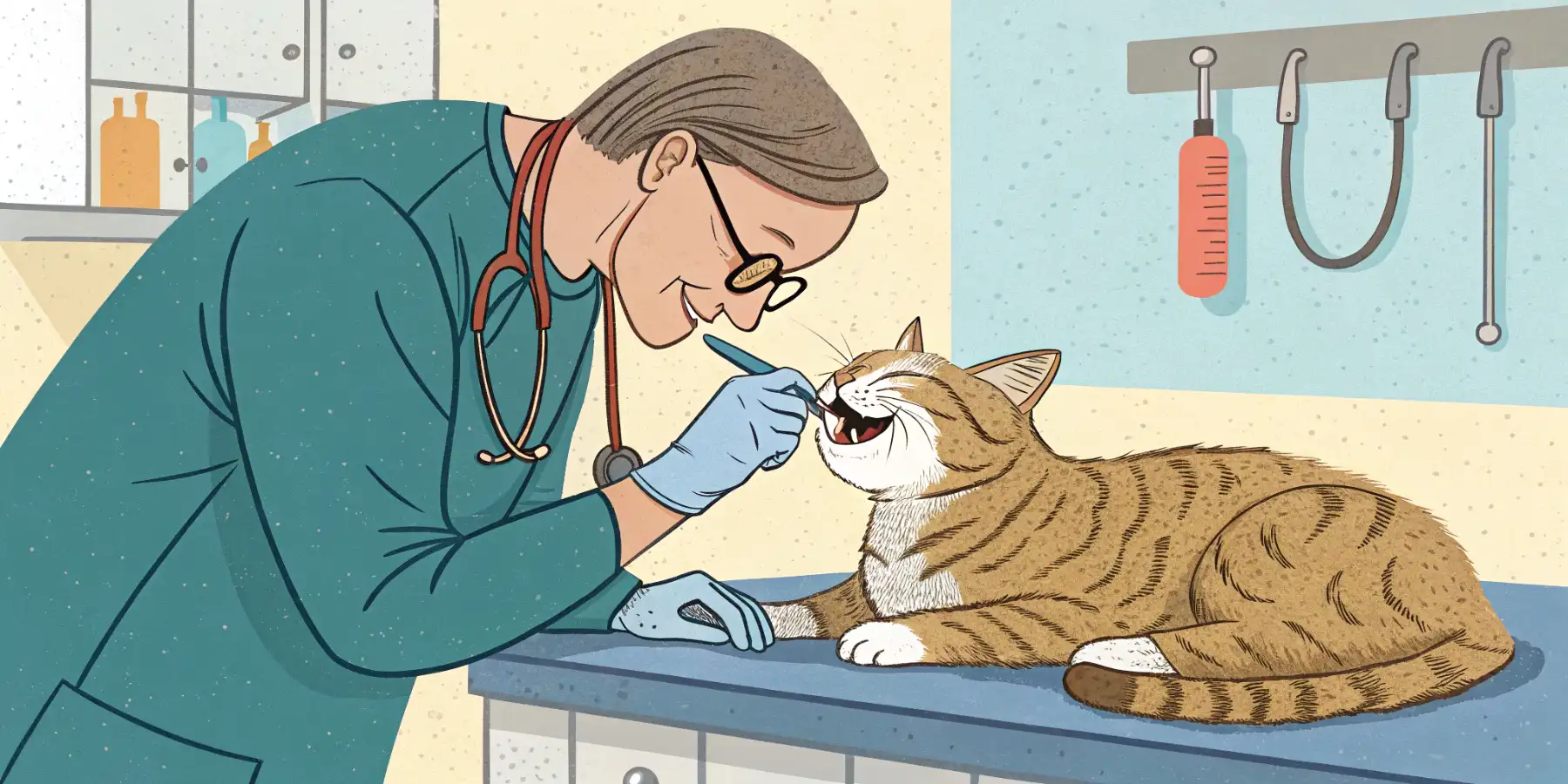 A vet examines a senior cat’s teeth, highlighting the importance of regular dental checkups.
A vet examines a senior cat’s teeth, highlighting the importance of regular dental checkups.
Left untreated, dental disease can cause:
- Pain: Imagine a constant toothache! It affects their quality of life.
- Difficulty Eating: Sore gums and loose teeth make chewing painful, leading to weight loss and malnutrition. I’ve seen countless cats who were suddenly acting like kittens again after having dental extractions – simply because they could finally eat comfortably!
- Systemic Infections: Bacteria from the mouth can enter the bloodstream and affect the heart, kidneys, and liver. Kidney disease in senior cats can be exacerbated by poor dental health.
- Bad Breath (Halitosis): While cat breath isn’t naturally minty fresh, severely bad breath is a telltale sign of dental issues.
- Behavioral Changes: A painful mouth can lead to irritability, reluctance to be touched around the face, and even aggression.
Recognizing the Signs of Dental Problems
Catching dental problems early is key to minimizing their impact. Be on the lookout for these signs in your senior cat:
- Bad Breath: As mentioned above, this is often the first clue.
- Drooling: Excessive drooling, especially if tinged with blood, is a red flag.
- Pawing at the Face: Your cat may be trying to relieve the pain or irritation.
- Decreased Appetite: Reluctance to eat, especially dry food, is a significant indicator.
- Weight Loss: Difficulty eating leads to weight loss over time.
- Red, Swollen Gums: This is a sign of gingivitis.
- Loose Teeth: These are a sign of advanced periodontitis.
- Sneezing or Nasal Discharge: Dental infections can sometimes spread to the nasal passages. This is especially true of tooth resorption in senior cats, where the body starts to break down the tooth structure.
Professional Dental Care: What to Expect
The cornerstone of dental care for senior cats is a professional dental cleaning performed by your veterinarian. This involves:
- Examination: Your vet will thoroughly examine your cat’s mouth to assess the extent of the dental disease.
- Anesthesia: Anesthesia is essential for a comprehensive dental cleaning. It allows the vet to thoroughly clean under the gum line (where most of the problems occur) and take dental X-rays. I know some owners are hesitant about anesthesia in older cats, but with proper pre-anesthetic bloodwork and monitoring, it’s generally safe. The benefits of a clean, pain-free mouth far outweigh the risks.
- Scaling and Polishing: Using specialized instruments, the vet will remove plaque and tartar from the teeth, both above and below the gum line. Polishing smooths the tooth surface, making it harder for plaque to adhere.
- Dental X-Rays: X-rays are crucial for evaluating the tooth roots and surrounding bone, allowing the vet to identify hidden problems like abscesses or tooth resorption.
- Extractions: If teeth are severely damaged or causing pain, they may need to be extracted.
- Post-Cleaning Care: Your vet will provide instructions on how to care for your cat’s teeth at home after the cleaning.
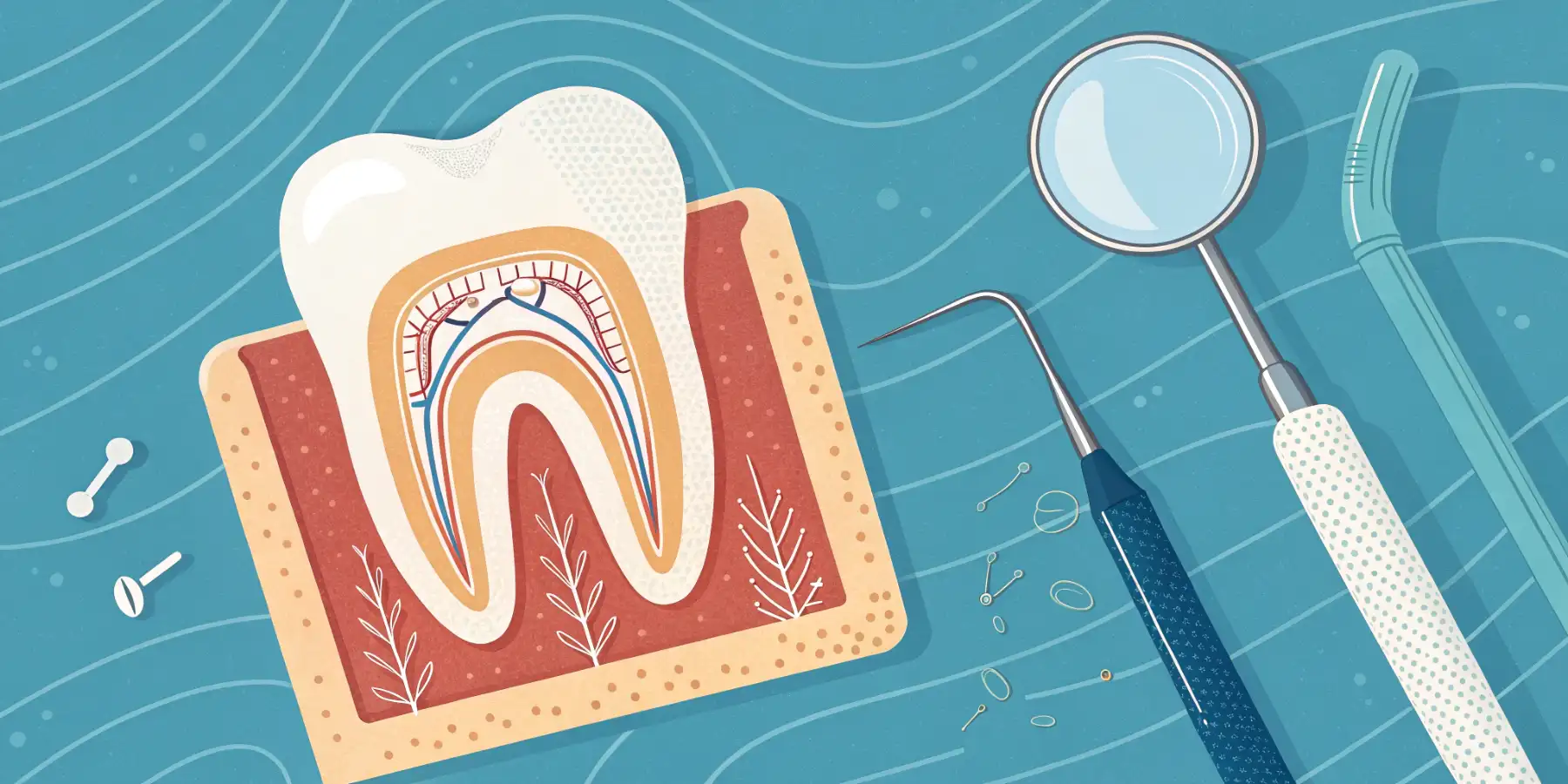 A dental X-ray reveals tooth resorption, a common dental issue in senior cats.
A dental X-ray reveals tooth resorption, a common dental issue in senior cats.
At-Home Dental Care: Maintaining a Healthy Smile
While professional cleanings are necessary, at-home dental care is crucial for maintaining a healthy smile between cleanings. Here are some tips:
- Brushing: This is the gold standard for at-home dental care. Use a soft-bristled toothbrush and toothpaste specifically formulated for cats (human toothpaste is toxic!). Aim to brush your cat’s teeth daily, or at least a few times a week. Start slowly and gradually introduce the toothbrush and toothpaste to your cat. In my experience, the key is patience and positive reinforcement.
- Dental Chews and Treats: Certain dental chews and treats can help reduce plaque and tartar buildup. Look for products that are specifically designed for dental health and approved by the Veterinary Oral Health Council (VOHC).
- Dental Diets: Some dry cat foods are formulated to help scrape away plaque as your cat chews.
- Dental Wipes: If your cat resists brushing, dental wipes can be a good alternative.
- Water Additives: Some water additives contain enzymes that help to break down plaque.
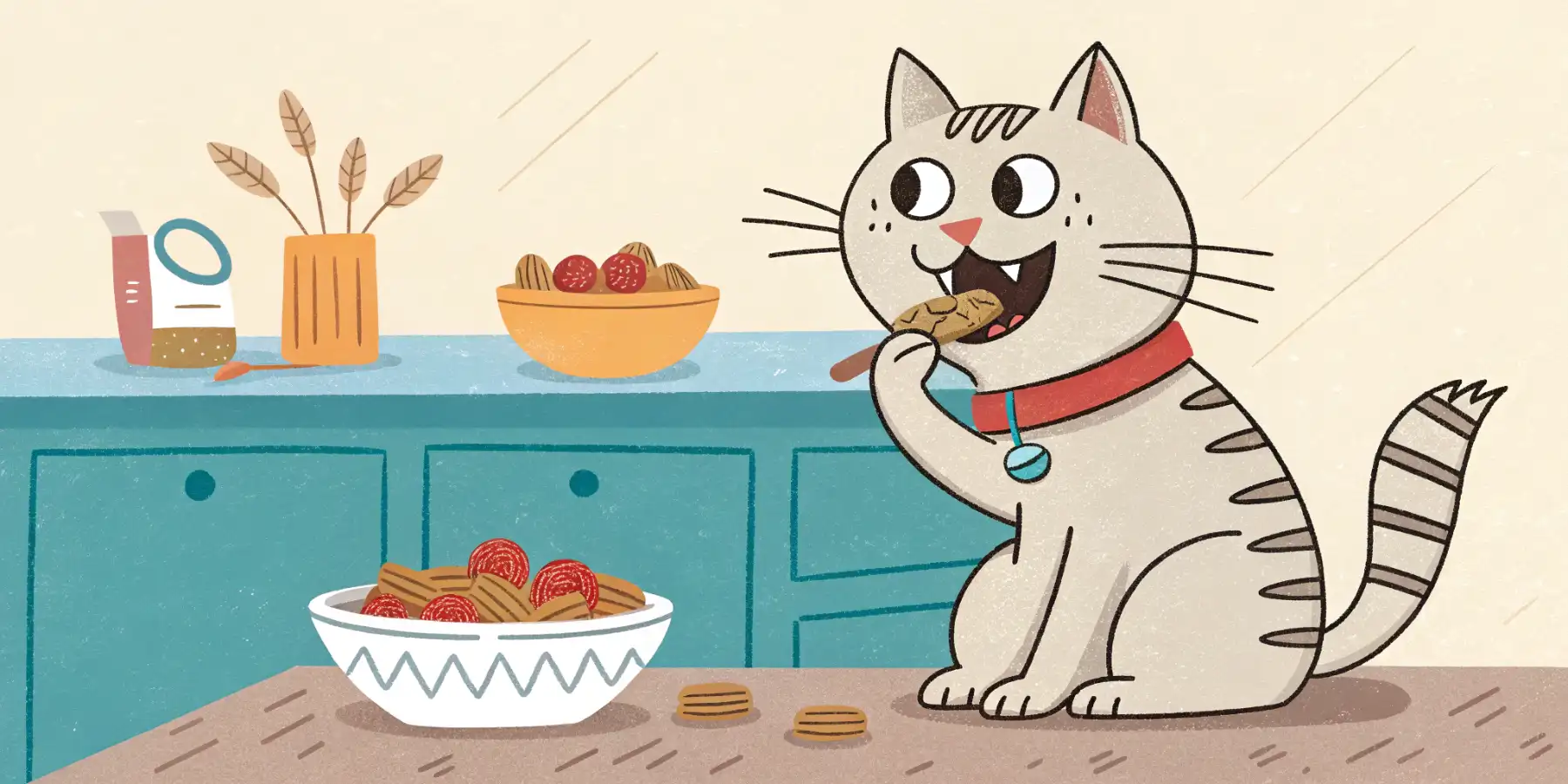 A senior cat enjoys dental treats, a simple way to help maintain oral hygiene.
A senior cat enjoys dental treats, a simple way to help maintain oral hygiene.
Addressing Advanced Dental Disease: A Holistic Approach
When dealing with advanced dental disease in older cats, it’s essential to take a holistic approach. This means considering not only the dental issues but also your cat’s overall health and well-being.
- Pain Management: Pain relief is paramount. Your vet may prescribe pain medication to help manage discomfort.
- Dietary Adjustments: If your cat has difficulty eating, you may need to switch to a softer food. Wet food or softened dry food can be easier to chew.
- Regular Veterinary Checkups: More frequent veterinary checkups are important to monitor your cat’s dental health and address any problems promptly.
- Supplements: Some supplements, such as omega-3 fatty acids, may help to reduce inflammation in the gums. Always consult with your veterinarian before giving your cat any supplements.
Conclusion: A Healthy Mouth, A Happy Cat
Dental disease is a common problem in senior cats, but it’s not something you have to accept as inevitable. By understanding the importance of dental care, recognizing the signs of dental problems, and working closely with your veterinarian, you can help your senior cat maintain a healthy mouth and a happy life. Remember, a healthy mouth equals a happier, healthier cat. Don’t underestimate the power of good senior cat dental care – it truly makes a world of difference. And if you are worried about the cost of cat dental cleaning for older cats, be sure to discuss payment plans and options with your veterinarian’s office.
